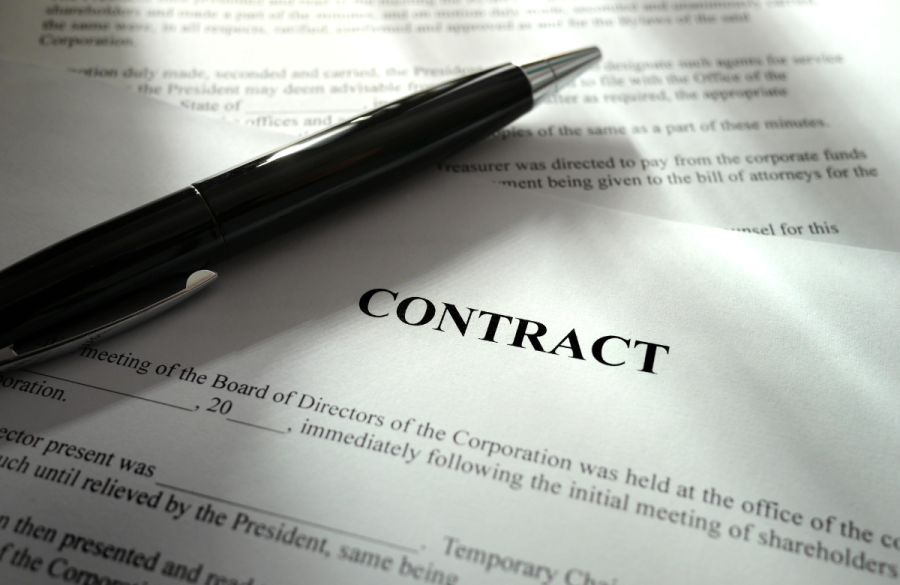
In the midst of worldwide uncertainties such as the US administration’s extensive new import tariffs, armed conflicts, increases in large-scale cyber-attacks, and natural calamities (which can disrupt even the most well-organised and prepared operators), businesses need to be fully alert to the legal mechanisms that can be utilised to mitigate the impact of such events.
One contractual provision that can play a vital role in such circumstances is a ‘force majeure’ clause - a provision that typically excuses the affected party from performing a contract following the occurrence of an event outside of its control that prevents or delays its performance.
It is therefore advisable that when reviewing and negotiating commercial contracts in an unpredictable financial and geopolitical setting, adequate attention is afforded to the force majeure clause to ensure that it is drafted appropriately, particularly for those organisations contracting within sectors that are more susceptible to sudden disruptions.
Our commercial lawyers explore how well-drafted force majeure clauses can help businesses navigate an increasingly unpredictable global landscape, providing practical insights into what to include and how to ensure these provisions offer real protection.











